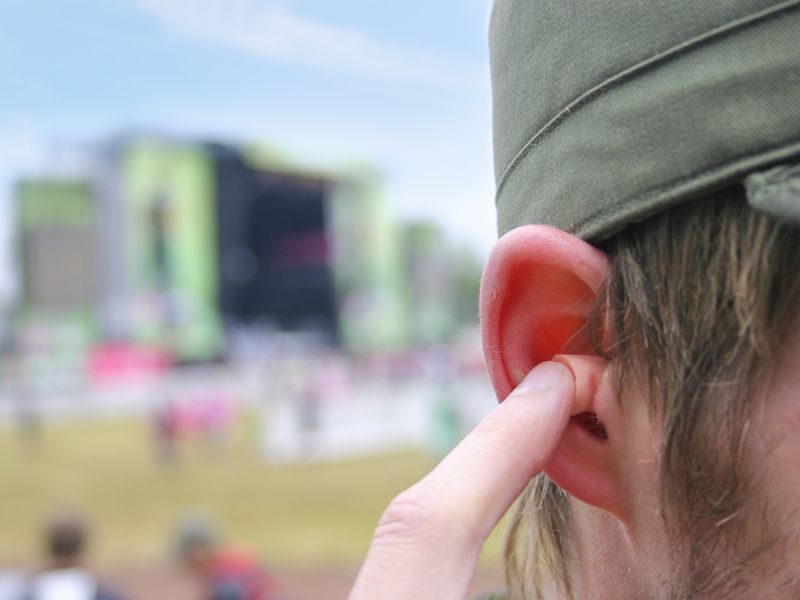
If you’re subjected to loud noises, say using a lawnmower in your backyard, going to an arena to see your favorite band play, or merely sleeping at home beside a snoring spouse, earplugs might be practical. Lowering the sound level is how earplugs can help in the first two situations. They help save your peace of mind and perhaps even your relationships, in the last situation, by letting you get a good night’s sleep. But are these ear protectors, really, hurting your hearing?
What’s The Purpose of Wearing Earplugs?
The case for earplugs is pretty simple: Properly used, earplugs can help protect your ears by minimizing your direct exposure to excessive decibel levels. Perhaps you’ve observed that your hearing sounds different when you leave a loud venue, say, a football game with a loud crowd, and you might also experience symptoms of tinnitus. Those tiny hairs are bent by this type of noise exposure and that’s why this occurs. It often goes away within a day or two, because the hair cells have recovered.
But if you’re subjected to excessive decibels continually, say you work on a construction crew or at an airfield, the audio assault on those tiny hair cells is unyielding. Instead of recovering after bending, the cells are damaged permanently. You’ve got just about 16,000 of those little cells inside each cochlea, but up to 50% of them can be harmed or ruined before your hearing has altered enough for the deficiency to appear in a hearing exam.
How Might Your Ears be Damaged by Wearing Earplugs?
In terms of safeguarding your hearing, you’d think it would be obvious to utilize earplugs. But if your exposed to loud noises on a day to day basis, this seems to be even more obvious (like on the job or with the above mentioned snoring spouse), headphones that limit, but don’t entirely cancel, sound or over the head earmuffs are a much better choice. Earplugs are better suited to one-off scenarios like a sporting event or concert than for regular use.
Why? For one, earwax. So that they can protect themselves, your ears generate earwax, and if using earplugs is something you do regularly, they will produce more of it, and the earplugs will jam it in further. Tinnitus and other complications can be the result of impacted earwax.
Ear infections can also result from overuse of earplugs. If you repeatedly use the same pair, and you don’t clean them properly between uses, they can become bacteria traps. Ear infections are, at the very least, a painful annoyance. But at the worst-case-scenario end of the spectrum, they can also result in a loss of hearing if neglected.
How Can You Utilize Earplugs Without Risk?
Earplugs still have a strong upside, whether it’s safeguarding your ears or enjoying a good night’s rest. You just have to be sure you’re using the right kind and utilizing them in the proper way. Foam earplugs are the least expensive, which is good because you really shouldn’t reuse them, the soft, porous material is a germ’s haven. Don’t put silicone or wax earplugs back in your ears until they are totally dry after using warm water to completely sanitize them. It’s also a good plan to store earplugs in a ventilated place to prevent moisture, or worse, mold or bacteria, from building up.
If you need or want to use earplugs on a regular basis, you may want to consult us about having custom-made earplugs. They’re comfortable because they’re made from molds of your ears and they’re reusable. But it’s crucial not to forget, good earplug hygiene can lessen hearing impairment.